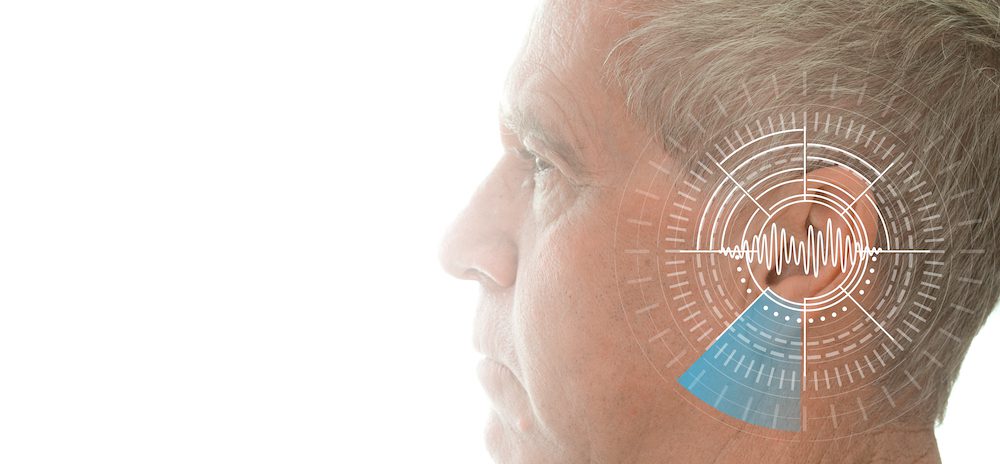The Impact of Telehealth on Audiology Practices
Telehealth has become a normal part of healthcare for many people,


Telehealth has become a normal part of healthcare for many people,

When you think about memory, you might picture flipping through old photos

Hearing aids are essential tools that significantly enhance our daily